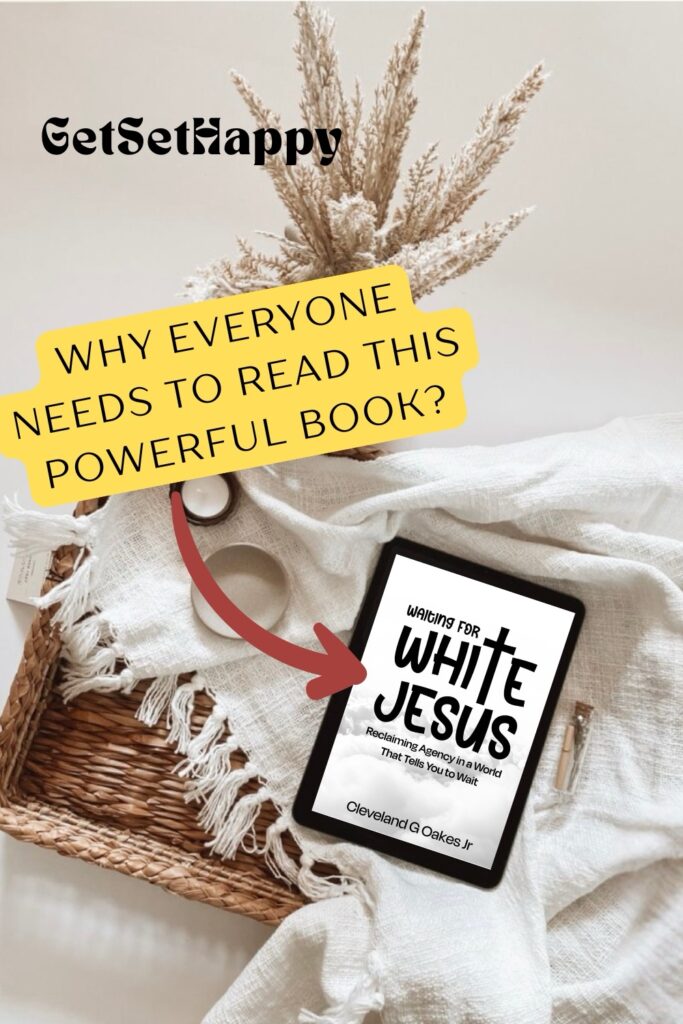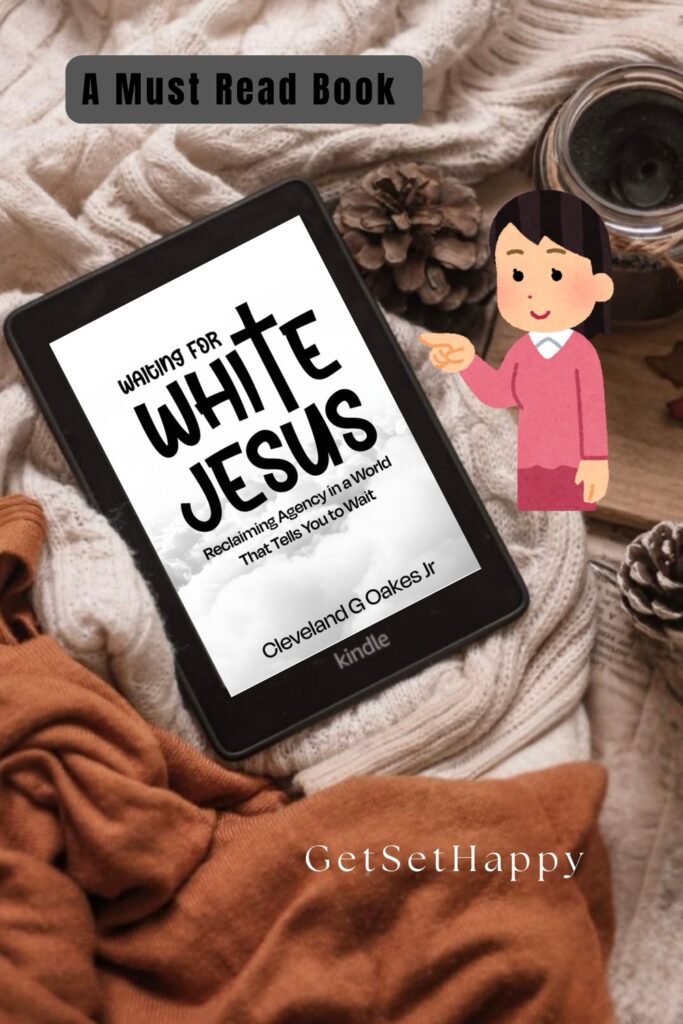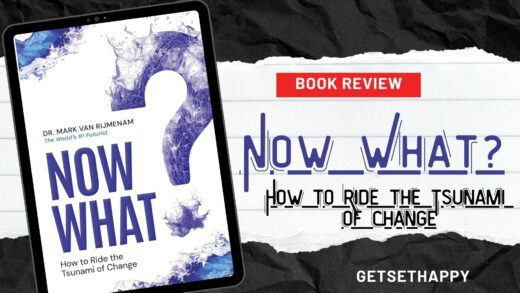Reading Waiting for White Jesus was like having a deep, honest conversation with a close friend—one who doesn’t sugarcoat reality, but also doesn’t leave you feeling hopeless. This book moved me, challenged me, and ultimately inspired me to take more ownership of my life.
What Makes This Book Worth Reading
What struck me immediately was how raw and real Cleveland Oakes is in telling his story. He doesn’t hide behind academic jargon or polished theories. Instead, he opens up about his personal journey—from being raised as a Jehovah’s Witness to dealing with racism, trauma, and burnout in corporate America. He talks about the emotional cages we build for ourselves, often based on childhood beliefs, societal expectations, or religious conditioning. That honesty made me feel seen, and in some ways, understood.

The title itself is powerful—Waiting for White Jesus. At first, I didn’t know what to expect. But as I read, I understood that this wasn’t an attack on faith, but a call to stop waiting for someone (or something) else to save us. Oakes argues that we’ve been taught to expect saviors—be it religious figures, politicians, or corporate leaders—to come and fix everything. But instead of relying on outside forces, he encourages us to reclaim our agency and act.
One of the parts that really resonated with me was when he talked about “self-made purgatories”—the mental prisons we keep ourselves in because of fear, guilt, or outdated beliefs. Through stories from his own life, Oakes shows how we often stay stuck in jobs, relationships, or mindsets simply because we’re afraid of what might happen if we make a change. I saw myself in those pages.
The chapter on resilience was another highlight. He redefines what it means to be strong—not as suffering silently or pushing through at all costs, but as knowing when to walk away. That insight hit me hard. So often, we’re praised for enduring pain, but rarely are we encouraged to let go with grace.
What I also appreciated was the balance between personal growth and social awareness. Oakes doesn’t ignore the reality of racism, systemic oppression, or cultural expectations. But he doesn’t let those realities become excuses either. He acknowledges the weight of being Black in America, yet he flips the narrative, calling that very struggle a superpower. That message—of choosing action over despair—stayed with me long after I closed the book.
My Thoughts About the Book

Stylistically, the writing is thoughtful but conversational. You feel like Oakes is talking directly to you. He weaves in references from pop culture, religion, psychology, and his own life, making big ideas feel accessible and relatable. He also gives credit to people who helped shape his thinking—his wives, mentors, therapists—which adds a layer of humility and depth.
If you’re someone who feels stuck, who’s tired of waiting for the “right time” or for someone to come save you, this book is for you. It doesn’t offer quick fixes or empty motivation. Instead, it offers a path to reclaiming your power—through self-awareness, action, and radical honesty.
Waiting for White Jesus is not just a book. It’s a wake-up call. And for me, it came right on time.





No Comments